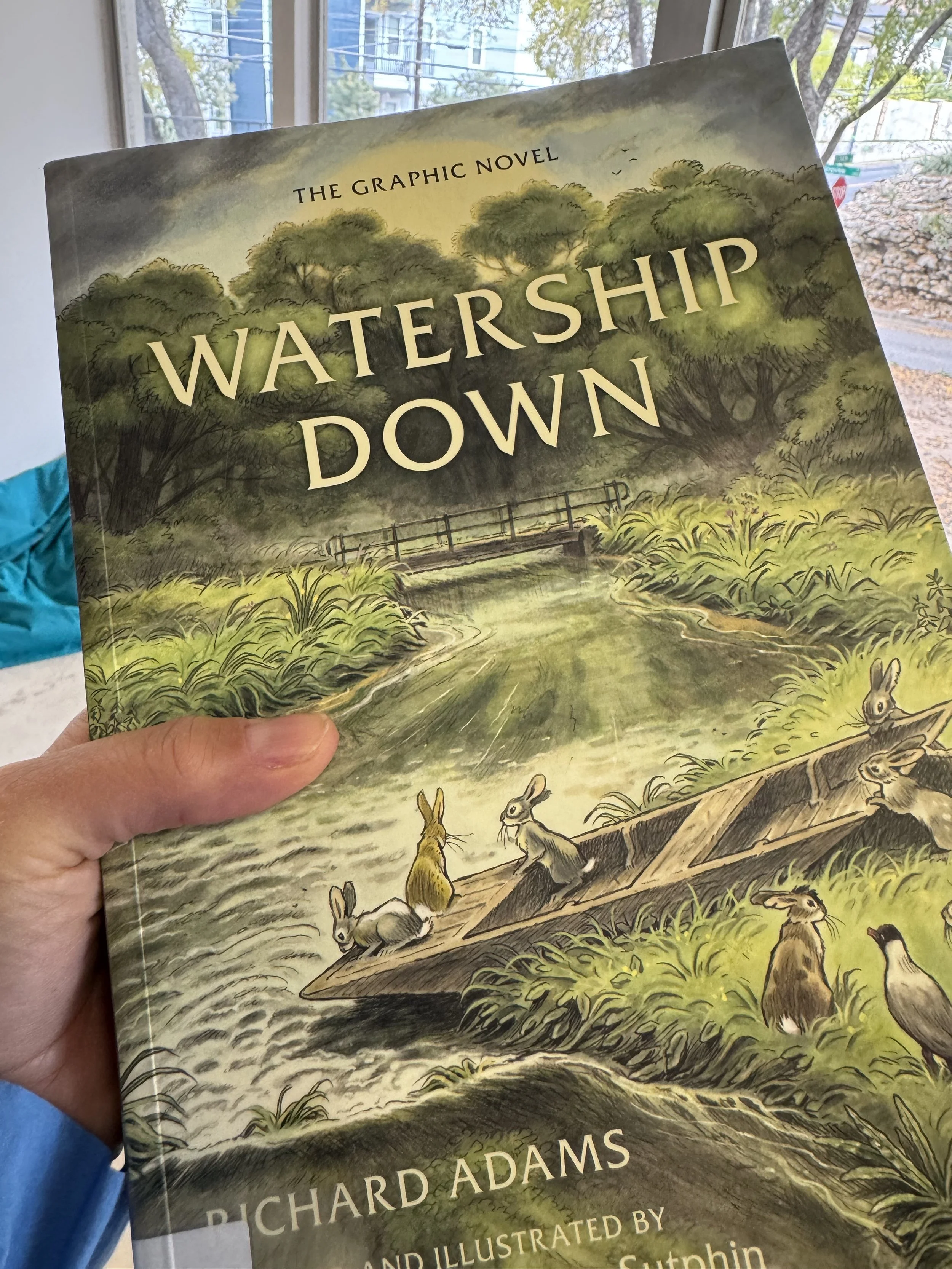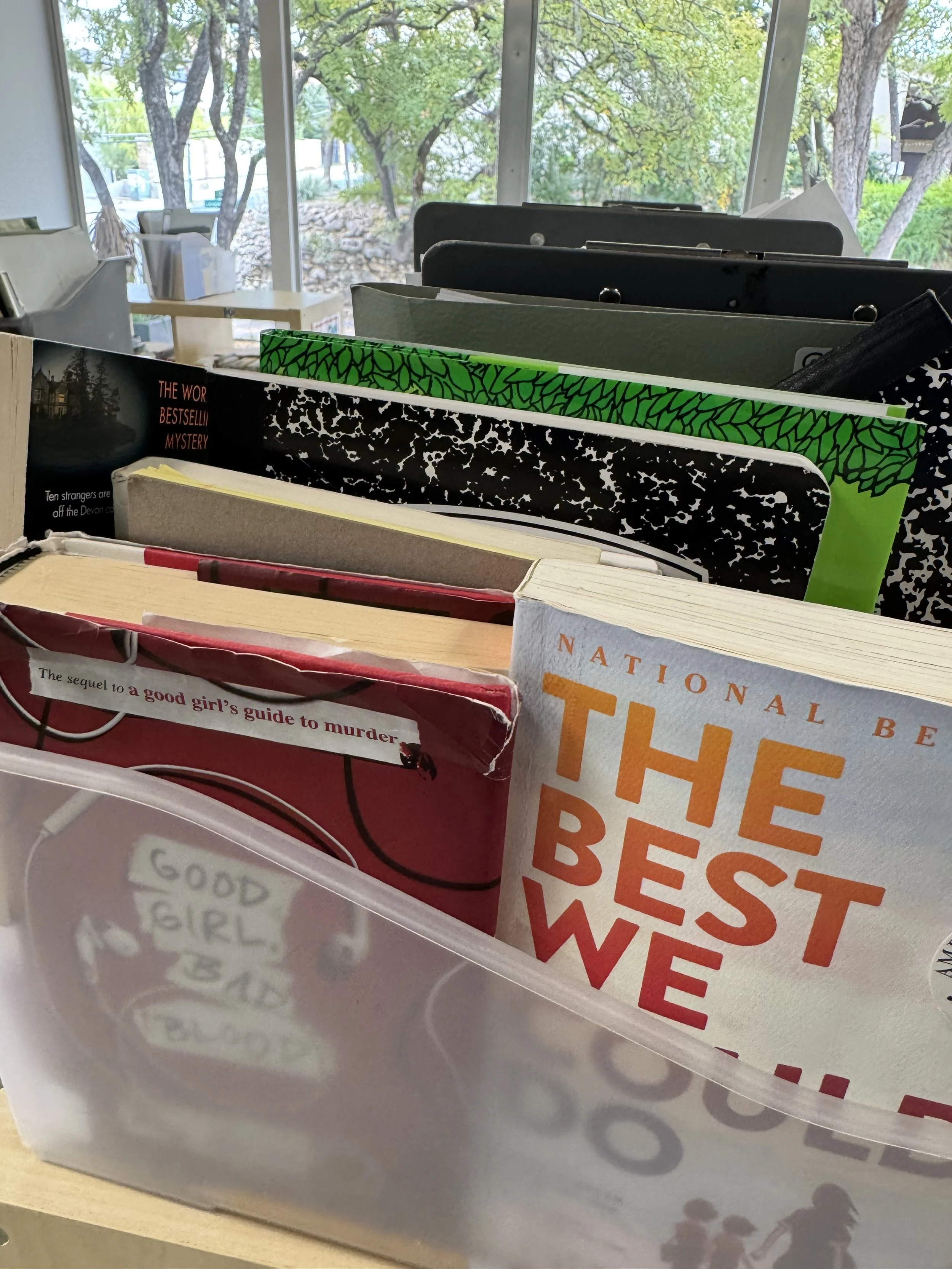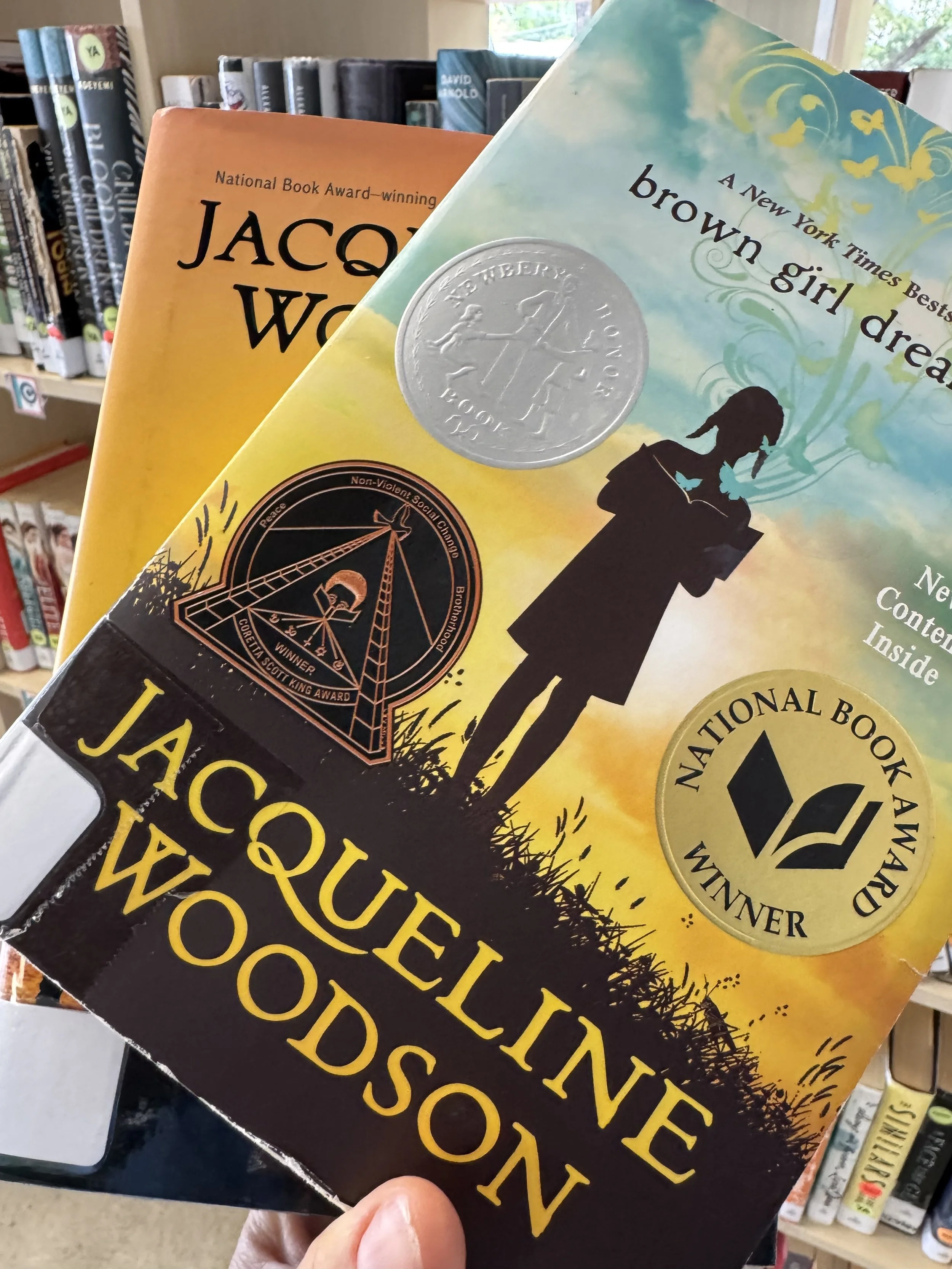Community Conversation Follow-Up: Cultivating Robust Reading Lives
Several times a semester we gather together—parents and teachers—to talk on various topics of interest. This is an opportunity to consider how to support one another better, to offer ideas that might help families at home, and to discuss timely educational issues.
In November we focused the conversation on cultivating and sustaining a positive and robust reading culture in our learning community. It was a great discussion, anchored in these three reading-related articles. The conversation was also contextualized by a reminder of the goal at Long-View: we want our learners to “read ambitiously.” More clarity on this goal is captured here.
Some reflections shared by parents and teachers present at the Community Conversation were:
Reading diet and modality evolve: Young readers read for enjoyment and can grow in complexity over time, changing their book selections from primarily fiction to more of a balance of both nonfiction and fiction. Through this evolution, many learners lean on rereading comfortable fiction texts because they are familiar with the story elements. Research shows that this type of rereading is beneficial for young readers' fluency and deepening their understanding of story elements. To ensure balance in learners' reading diet, several parents expressed that they encourage their learners to try new books by exposing them to new topics through podcasts. By listening to the podcasts together on topics such as history, parents can help their learners spark an interest in a topic and then supplement their learning with nonfiction texts. This helps to balance their child’s reading diet.
Reading at home can be a social experience: Many families offered a variety of ways that social reading happens at home. One parent shared that after dinner, they have books on the table so children and parents read separate texts quietly yet together in their family community. Another parent chimed in that they have a similar routine called a “literary lunch,” where they take a break from table conversation to quietly read while eating. Some parents have created book clubs with their children, where they read separately and come back together to discuss the text, in a casual and unstructured manner, at a later time. Another social experience a parent offered was having siblings read to each other.
When we read socially, we can also model conversation about text. Authentic conversations about books – whether shared or read independently – give young readers a chance to think out loud and feel adults’ interest in their reading life. One strategy for inviting conversation about books a parent might not have personally read is to ask the child to pick a page from their current read and describe what they found most interesting.
Reading experiences are diverse: Whether you’re reading fiction or nonfiction, there’s a spectrum of reading experiences to be had. Some texts go down smoothly (think beach read), while others offer resistance, demand our attention, and push us as readers (like classics or experimental novels). A balanced reading diet will include selections on both ends of the reading experience and everything in between.




